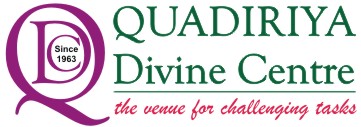The human information management (HRM) discipline targets on managing people within an organization. HRM professionals have to be able to appreciate and uphold the business desired goals of the business, while also being able to control employee conflicts, grievances, and other workplace issues. This requires a high level of communication, which is generally paired with leadership skills. Specialist certification is available for HR managers to boost their career potentials and income.
A large portion of the role is targeted on recruitment and skill acquisition. Therefore searching work boards, profession websites, warum gibt es so viele unternehmen ohne unternehmenskultur social media, and employee referrals to find candidates that match a company’s employing criteria. This is often combined with meeting with, assessing prospects, and settling offers to create new personnel on board.
An alternative part of the work is to develop, perform, and keep an eye on training courses for employees. This really is to make sure that employees are developing professionally and may perform all their jobs very well. This is also a better way for HR to evaluate and promote the company’s lifestyle and ideals.
HR also helps the organization produce a competitive settlement package due to its employees. This may include expectant mothers and parentage; consanguinity leave, work-from-home provisions, extra holiday days and nights, private health insurance separate from the NHS, and other advantages. Ultimately, this creates a good sense of security for employees, which is one of the most crucial aspects of a work contract. This concept of security is arguably what gives rise to the notion of trust, which is what binds nations, communities, and corporations together.
